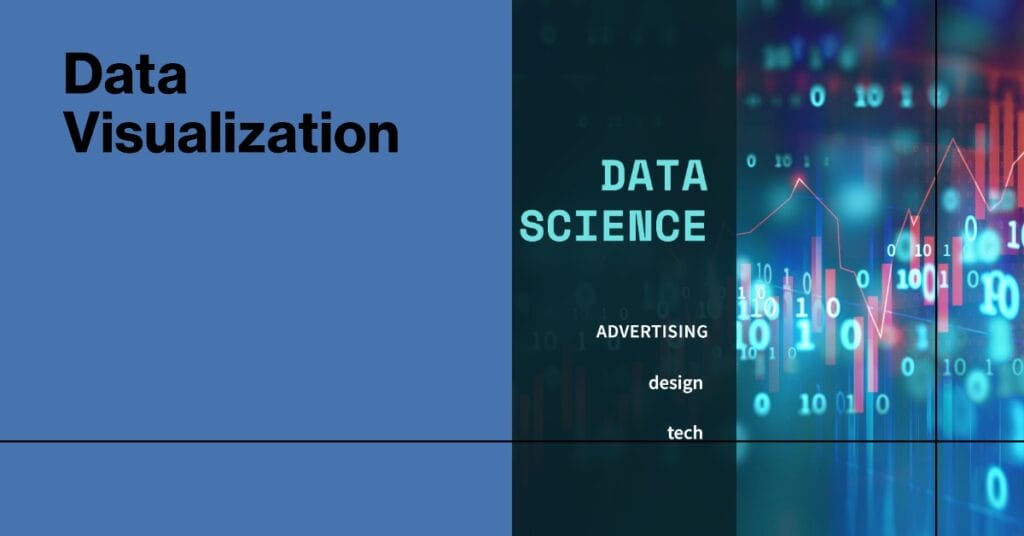In the digital age, data science misconceptions and big data analytics have become pivotal. They extract meaningful insights from the vast oceans of data generated every second. Businesses and organizations strive to make data-driven decisions. The role of data analytics and statistical analysis has never been more critical.
The Essence of Data Science
At its core, data science is an interdisciplinary field that employs scientific methods and processes. It’s a fusion of various fields, including mathematics, statistics, computer science, and domain-specific knowledge.
Big Data Analytics: The Game Changer
Big data analytics involves examining large and varied data sets, known as big data. Its aim is to uncover hidden patterns, unknown correlations, customer preferences, and other useful information. This analytical prowess enables companies to make more informed business decisions and strategic moves.
Data Analytics: The Path to Insight
Data analytics is a broader term that encompasses the techniques and processes used to enhance productivity and business gain. It involves analyzing raw data to find trends and answer questions. The sophistication of data analytics can range from simple statistical analysis to complex machine learning algorithms.
Statistical Analysis: The Backbone of Data Science
Statistical analysis is the cornerstone of data science. It involves collecting, analyzing, interpreting, presenting, and organizing data. Statistics provide the foundation for making inferences and predictions from data, ensuring that analysts back conclusions with solid evidence.
The Intersection of Data Science and Business
The intersection of data science and business is where the magic happens. By leveraging the power of data analytics and statistical analysis, businesses can predict future trends, understand customer behavior, optimize operations, and outperform competitors.
Absolutely, incorporating real-world examples can bring the concepts of data science to life. Here are a few examples that highlight the impact of data science across various industries:

Healthcare: Predicting Patient Outcomes
Data science has revolutionized healthcare by predicting patient outcomes and personalizing treatment plans. For example, Google created the tool LYNA, which helps identify breast cancer tumors that are difficult to see with the naked eye and have migrated to nearby lymph nodes1. This development is a prime example of how technology is revolutionizing the medical industry.. This technological advancement underscores the importance of innovation in healthcare.. The way doctors identify and treat breast cancer has been completely transformed by this ground-breaking device.
Transportation: Optimizing Shipping Routes
Businesses in the transportation industry use data science to improve shipment routes in real-time while taking into account variables like traffic patterns, weather, and vehicle performance. This leads to more efficient logistics and cost savings1.
Sports: Evaluating Athletic Performance
Sports teams and organizations use data science to evaluate athletes’ performance and potential. By analyzing data from past performances, training sessions, and even social media, teams can make informed decisions on player selection and strategy1.
E-commerce: Enhancing Customer Experience
E-commerce giants leverage data science to automate digital ad placements and personalize shopping experiences. By analyzing customer data, these platforms can recommend products that users are more likely to purchase1.
Fintech: Creating Predictive Models
In the financial technology industry, data science helps create credit reports and predictive models based on historical payroll data. This allows for accelerated underwriting and better risk management1.
By incorporating such real-world applications in your blog post, you can offer readers a tangible understanding of how data science solves complex problems and enhances various aspects of life.
Data science, despite its growing popularity, often has misconceptions surrounding it. Here are some common myths debunked:
Points
- Data Science Is Only for Math Geniuses: While data science does involve mathematics, it’s not exclusive to math experts. It encompasses various skills, including programming and domain expertise1.
- Contrary to this belief, industries like healthcare and finance are increasingly relying on data-driven insights, leading to a rising demand for data scientists.
- AI Will Replace Data Scientists: AI enhances data science by handling large datasets and repetitive tasks, but it cannot replace the critical thinking and decision-making skills of data scientists1.
- More Data Equals Better Accuracy: Having access to more data doesn’t necessarily lead to greater accuracy. The quality of data and how it’s processed is often more important2.
- Data Science Isn’t Useful for Small Businesses: Small businesses can greatly benefit from data science by gaining insights into customer behavior and optimizing operations3.
- All Data Roles Are Identical: Data roles vary widely, from data analysts to machine learning engineers, each with its own set of responsibilities and required skills4.
- While advanced education can be beneficial, many data scientists come from diverse educational backgrounds and gain skills through experience and self-learning4. Consequently, graduate studies are not essential for success in the field.
- Moreover, AI tools assist data scientists but cannot replace the nuanced analysis and strategic thinking they provide4. This underscores the complementary nature of AI and human expertise in data science.
- Additionally, coding is a part of data science, but it’s just one of many skills needed in the field4. Therefore, data scientists are not solely defined by their coding abilities.
- Learning a Tool Is Enough: Mastery of a single tool isn’t sufficient; data scientists need a broad skill set to analyze data effectively4.
- Data Scientists Only Work on Predictive Modeling: Data science involves a variety of tasks beyond predictive modeling, including data cleaning, visualization, and interpretation4.
- Transitioning to Data Science Is Impossible: People from various professional backgrounds can transition into data science with the right training and experience4.
Understanding these misconceptions can help demystify data science and highlight its true nature as a multifaceted and accessible field.
Conclusion Of data science misconceptions
The fields of data science, big data analytics, data analytics, and statistical analysis aren’t just academic disciplines; they’re essential tools for success in today’s data-driven world. As we generate data at an unprecedented rate, the demand for skilled data scientists and analysts will only increase. Those who can harness the power of data will lead the charge into a future where data is the currency of innovation.

